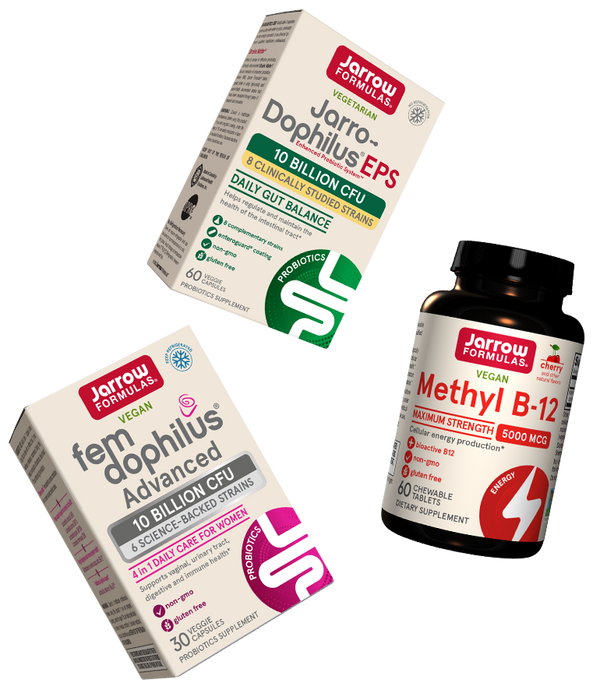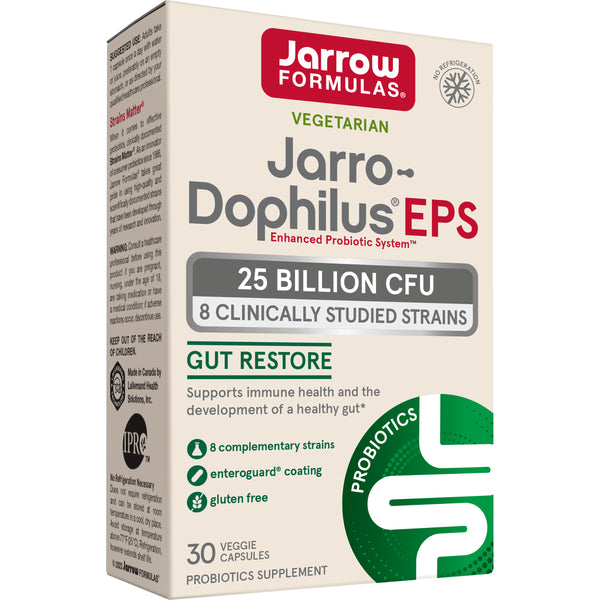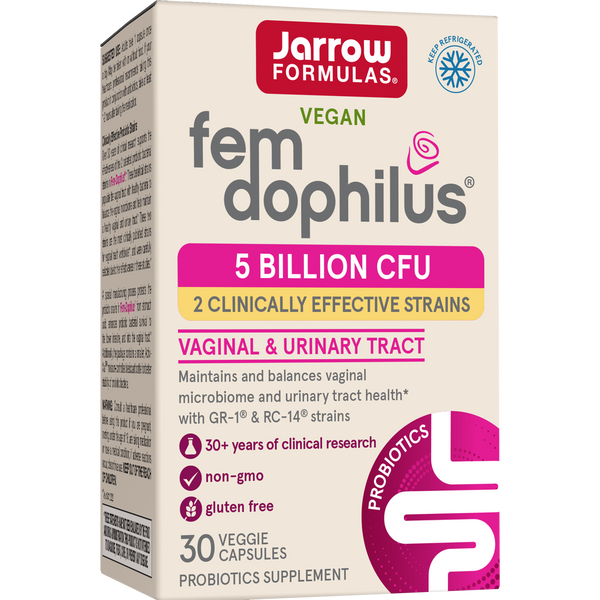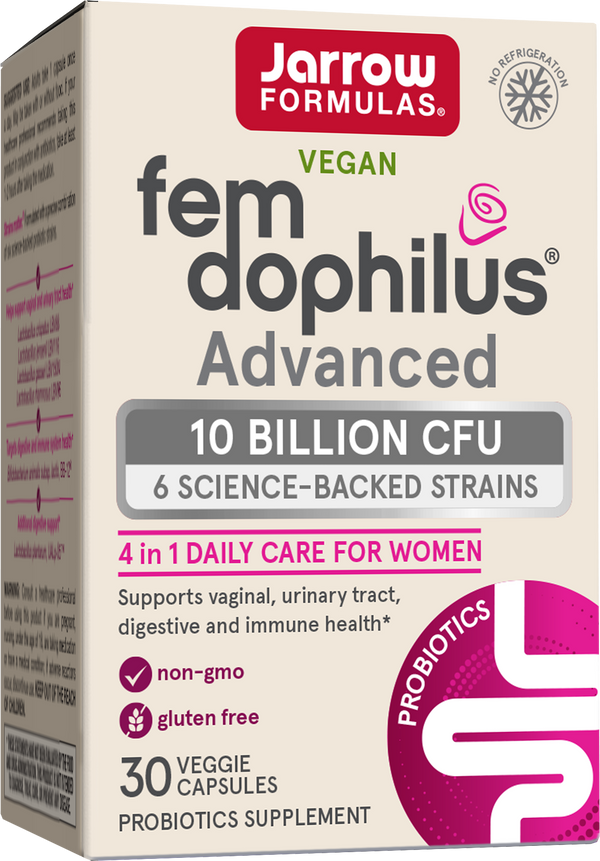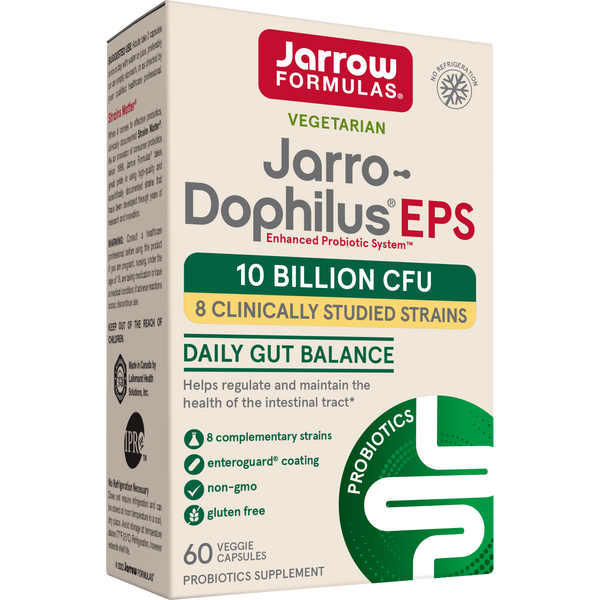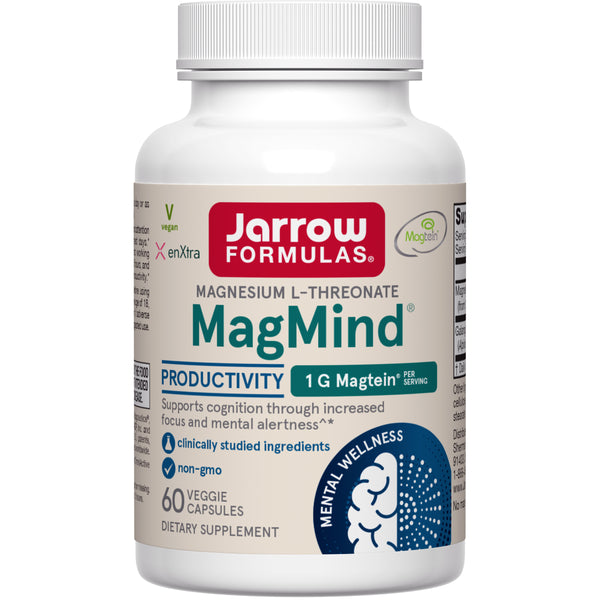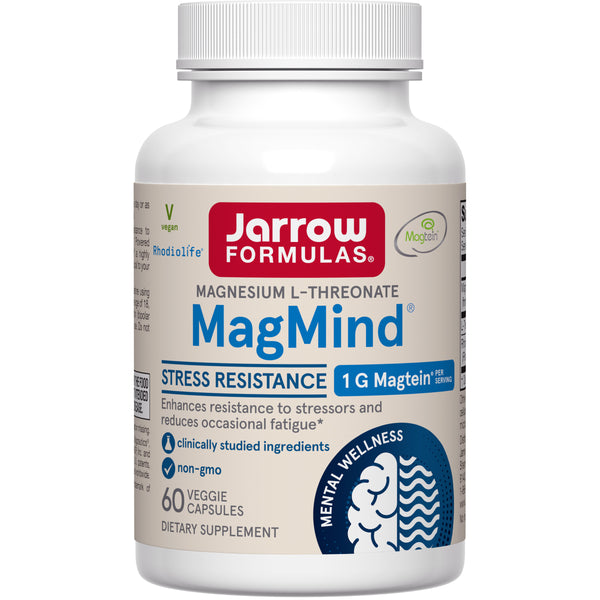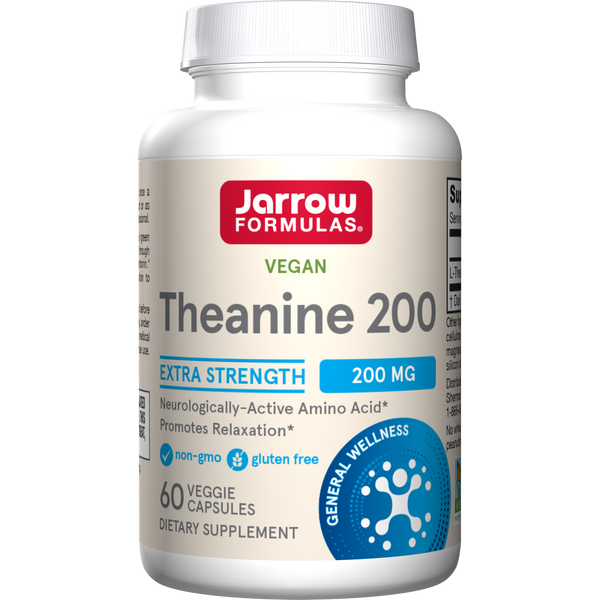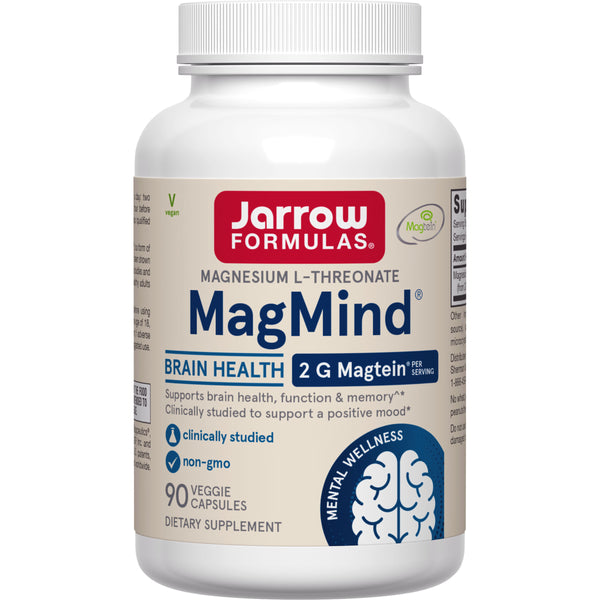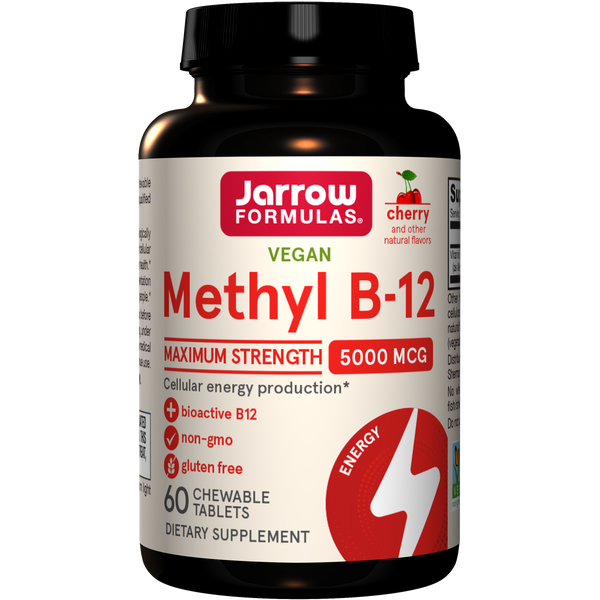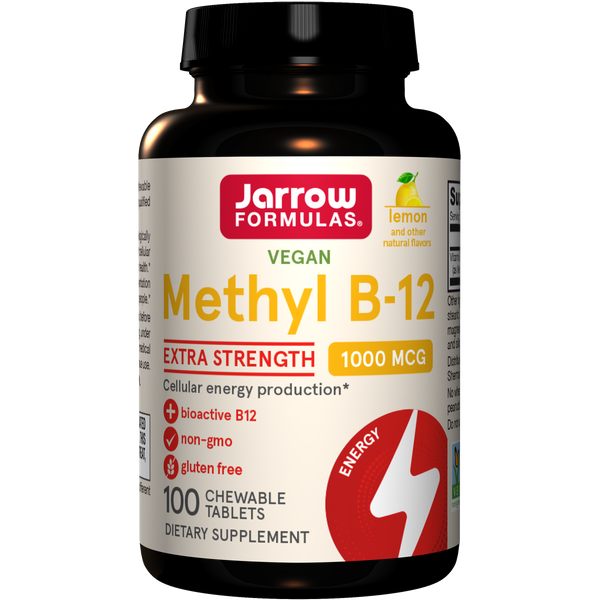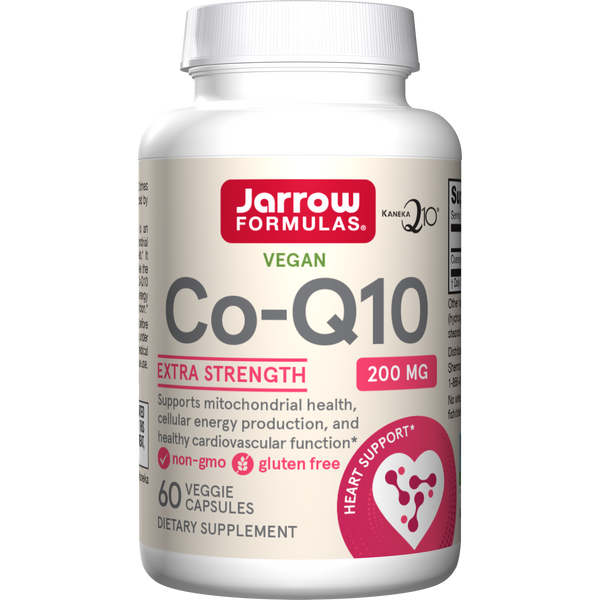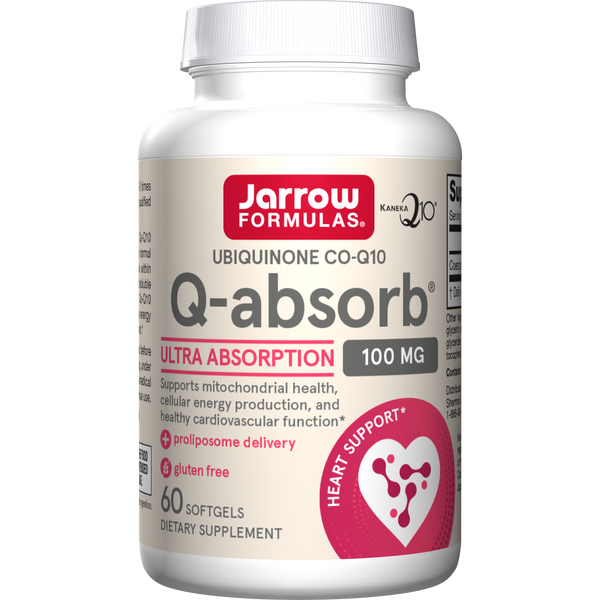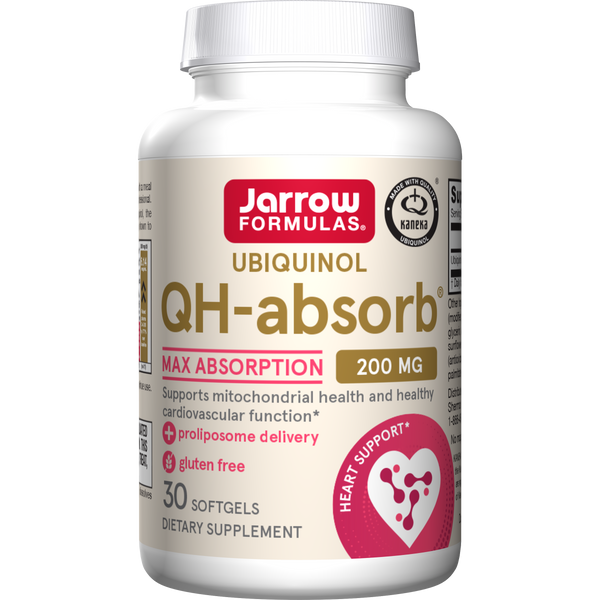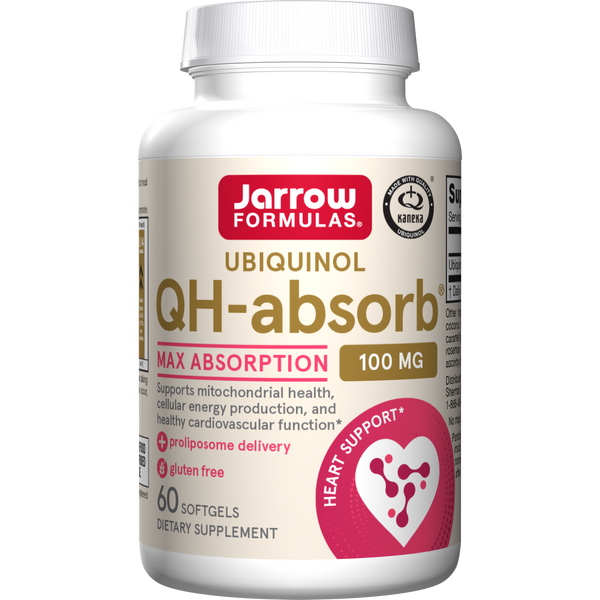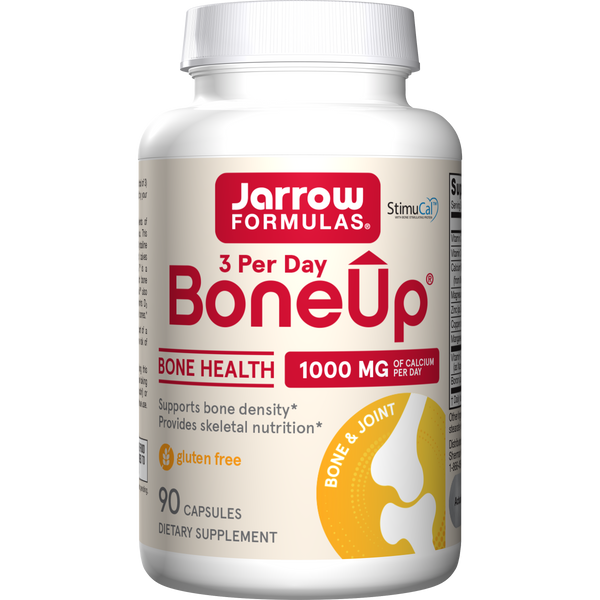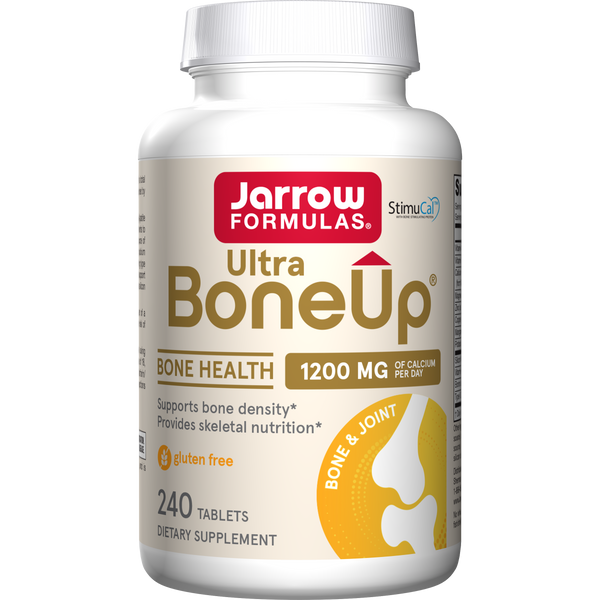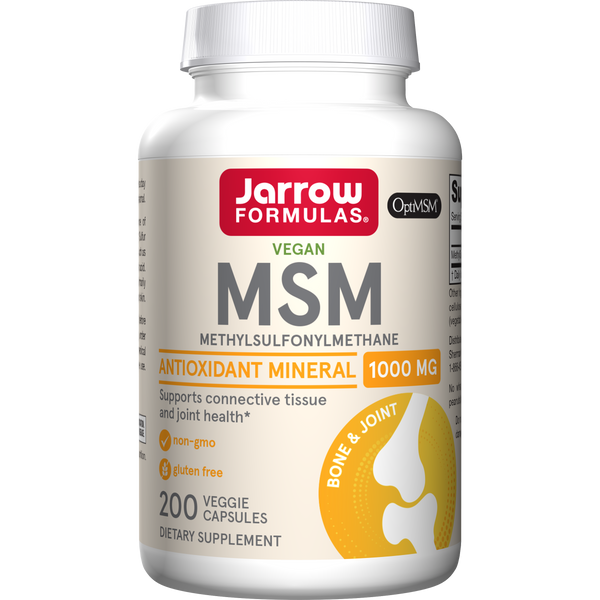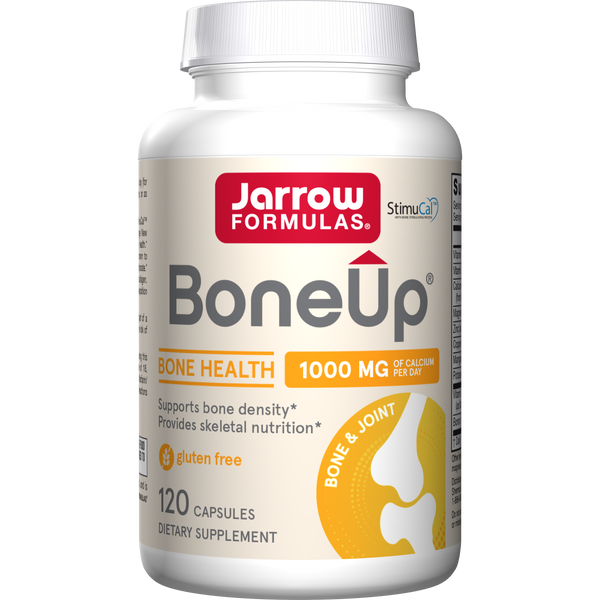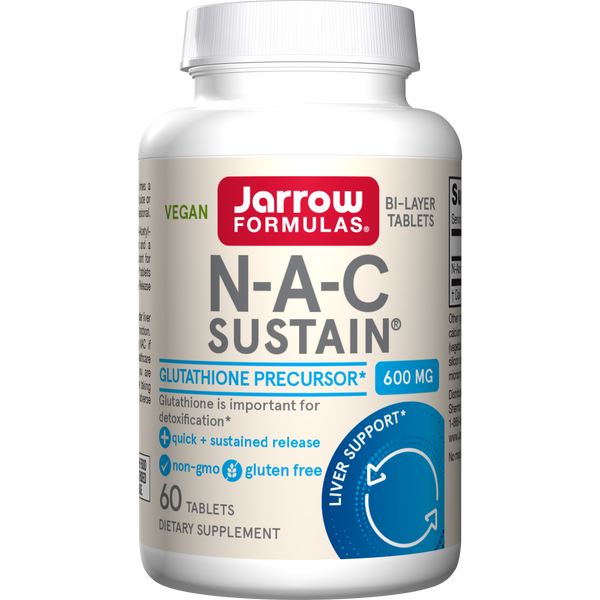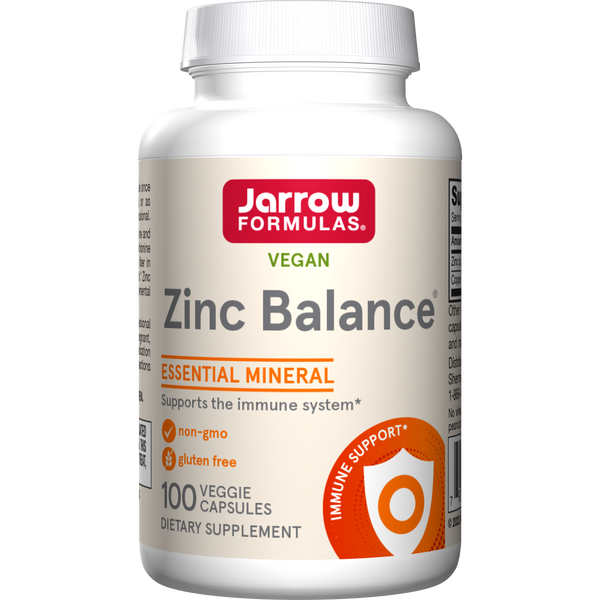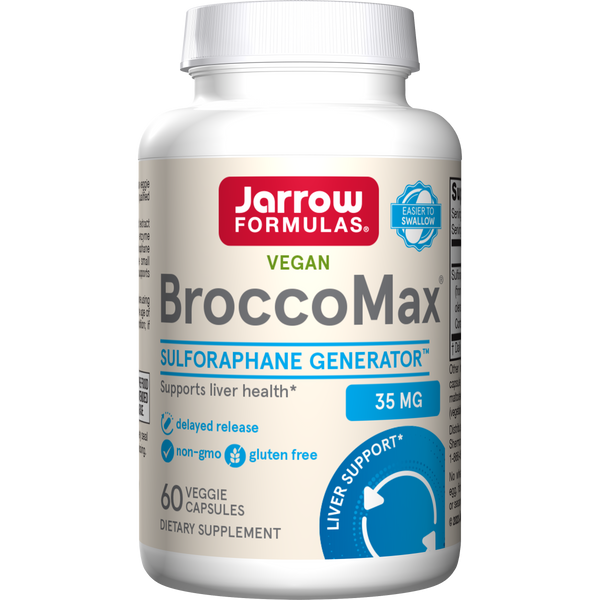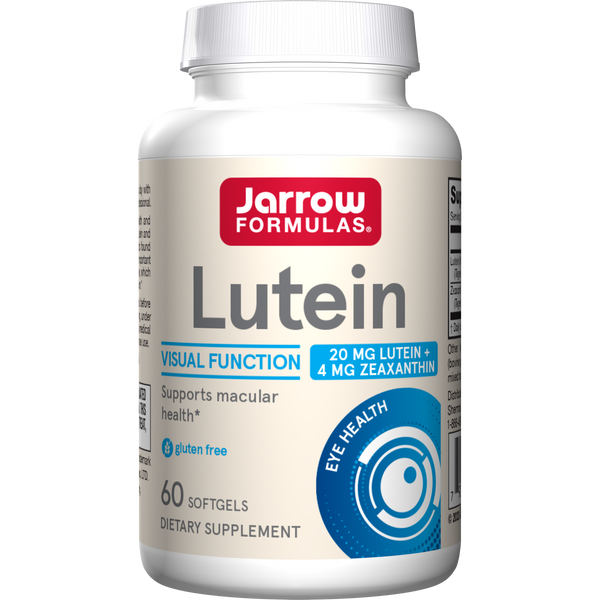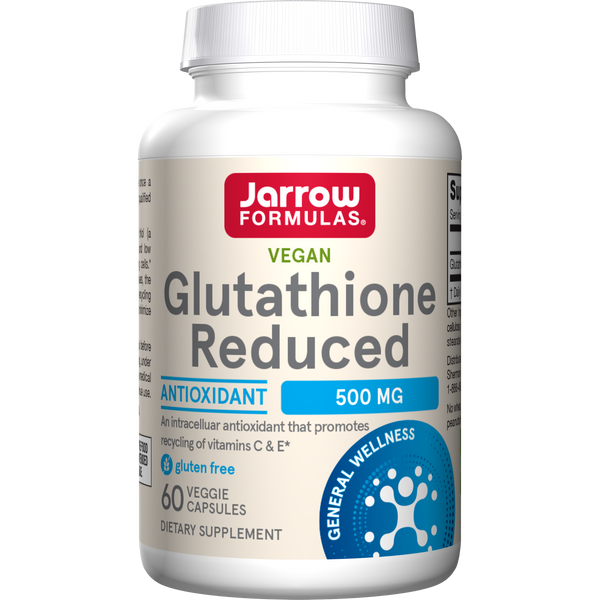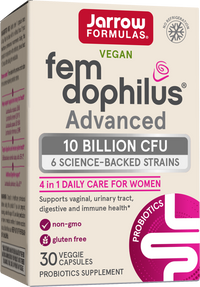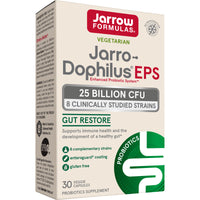What is Your Gut Telling You?
By Thomas A. Bowman, PhD
Knowing in your gut, and having a gut feeling: these are two ancient phrases that express something that until recently was not well understood. Recent research has discovered many more details on gut-brain functional mechanisms. We now know that gut microbes affect thoughts, emotions and behaviors.*
Gut Signals
Nutrients and microorganisms interact with several different types of intestinal cells, which then interact with immune cells and gut nerve cells. The results of these interactions include changes in metabolism, neurotransmitters, gut signaling molecules and hormones that can signal to the rest of the body, including the brain.*
Environment versus Genetics
So how important are these signals in our body on physical health measures? One study found with several body measurements (such as waist circumference, fasting glucose, lactose consumption and HDL cholesterol) that the microbiome explained a significant amount of variability as much as or more than genetics.1* So your physical health is determined largely by which microbes grow in your gut.*
Cravings
Additionally, gut bacteria stimulate hunger and cravings for certain food types. For example, your sweet tooth may really be coming from a colony of gut or mouth bacteria. According to one research study, a change in diet may change cravings for types of food in normal healthy subjects.2 Eating healthier can make you crave unhealthy foods less. Brain pattern responses to food images changed on functional MRI after six months of the new diet. Thus, changing your diet can change your cravings. Moreover, changing your diet changes your gut bacteria populations.3,4*
Microbial Regulation of Nutrients and Metabolites
There are hundreds of different types of gut bacteria. Each type of bacteria specializes in metabolizing a different type of nutrient, which produces metabolites. Metabolites are altered broken down nutrients based on the enzymatic abilities of the bacteria. These metabolites are typically in a more bioactive form, which may be more easily absorbed and utilized in the body. If you consume a nutrient utilized by a type of bacteria, ipso facto, you will have more of that bacteria's type of metabolite. Additionally, that bacteria's population will grow when given more of its needed nutrient. Furthermore, one bacterium's metabolite can be another bacterium's nutrient. Feeding different bacteria changes the balance of microbes in your intestines. These bacteria compete against each other for residence and resources along the digestive tract.
Gut-Brain Function
Because of signals from intestinal microbes, your gut can affect your brain's thoughts and emotions. Research has shown that your gut bacteria are signaling to your brain to affect emotions such as worry and agitation, sadness, and even social and developmental brain responses.5 The diversity and type of bacteria in the gut significantly influences the brain in normal learning.6 The mechanism of the brain influences of gut bacteria is through metabolites increasing or decreasing gut-connected hormones and neurotransmitters, including serotonin, GABA, cortisol, dopamine and adrenaline.5 Some gut bacteria also produce stress hormones, altering your mood.7
Several strains of probiotic bacteria also positively shape these brain responses. For example, Bifidobacterium longum BB536 supported memory when taken with calcium-fortified milk in 20,000 Japanese men and women;8* and reduced agitation in mice.9* Similarly, Lactobacillus helveticus R0052 reduced agitation, improved mood, and decreased cortisol in human studies.10*
Probiotic Benefits - Strains Matter™
Beneficial bacteria--probiotic strains--compete with bacteria that are not beneficial.* The healthy balance of bacterial populations depends on advantages of probiotic strains, including their survivability, adherence properties, immune advantages and other properties.* Important to note is that probiotics need to be alive after traveling through the acidic stomach and small intestine containing digestive enzymes and bile. One of the benefits of probiotics is their ability to modify bile acids (deconjugation) so that they are better absorbed and support healthy digestive function.11* Consequently, probiotic strains also promote normal bowel movement. Additionally, certain strains of Bifidobacteria can modify fatty acids to produce conjugates that are health promoting.12 There can be significant differences between strains of the same species of microbe. Documented Strains Matter™.
References
- Rothschild D, Weissbrod O, Barkan E, et al. Environmental factors dominate over host genetics in shaping human gut microbiota composition. bioRxiv. 2017:150540.
- Deckersbach T, Das S, Urban L, et al. Pilot randomized trial demonstrating reversal of obesity-related abnormalities in reward system responsivity to food cues with a behavioral intervention. Nutrition & diabetes. 2014;4(9):e129.
- Muegge BD, Kuczynski J, Knights D, et al. Diet drives convergence in gut microbiome functions across mammalian phylogeny and within humans. Science. 2011;332(6032):970-974.
- Turnbaugh PJ, Ridaura VK, Faith JJ, Rey FE, Knight R, Gordon JI. The effect of diet on the human gut microbiome: a metagenomic analysis in humanized gnotobiotic mice. Science translational medicine. 2009;1(6):6ra14-16ra14.
- Sampson TR, Mazmanian SK. Control of brain development, function, and behavior by the microbiome. Cell host & microbe. 2015;17(5):565-576.
- Carlson A, Xia K, Azcarate-Peril A, et al. Variation in the infant gut microbiome is associated with cognitive development and brain morphometry. Paper presented at: Annual Meeting of the American College of Neuropsychoparmacology2016.
- Sandrini S, Aldriwesh M, Alruways M, Freestone P. Microbial endocrinology: host–bacteria communication within the gut microbiome. Journal of Endocrinology. 2015;225(2):R21-R34.
- Australia BW. New Survey Showed GI Health and Anti-Aging Benefits of Morinaga's Probiotics Milk with BB536.
- Bercik P, Park A, Sinclair D, et al. The anxiolytic effect of Bifidobacterium longum NCC3001 involves vagal pathways for gut–brain communication. Neurogastroenterology & Motility. 2011;23(12):1132-1139.
- Messaoudi M, Lalonde R, Violle N, et al. Assessment of psychotropic-like properties of a probiotic formulation (Lactobacillus helveticus R0052 and Bifidobacterium longum R0175) in rats and human subjects. British Journal of Nutrition. 2011;105(5):755-764.
- Grill J, Schneider F, Crociani J, Ballongue J. Purification and Characterization of Conjugated Bile Salt Hydrolase from Bifidobacterium longum BB536. Applied and environmental microbiology. 1995;61(7):2577-2582.
- Gorissen L, De Vuyst L, Raes K, De Smet S, Leroy F. Conjugated linoleic and linolenic acid production kinetics by bifidobacteria differ among strains. International journal of food microbiology. 2012;155(3):234-240.
